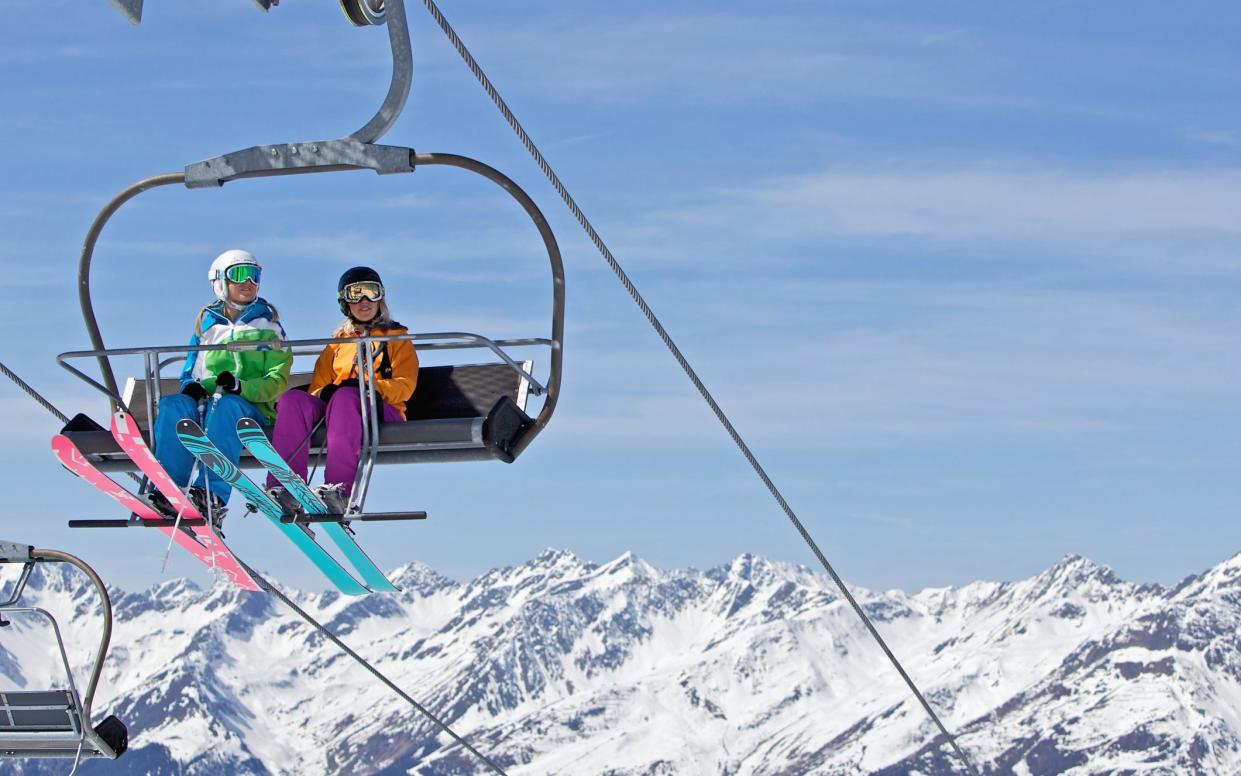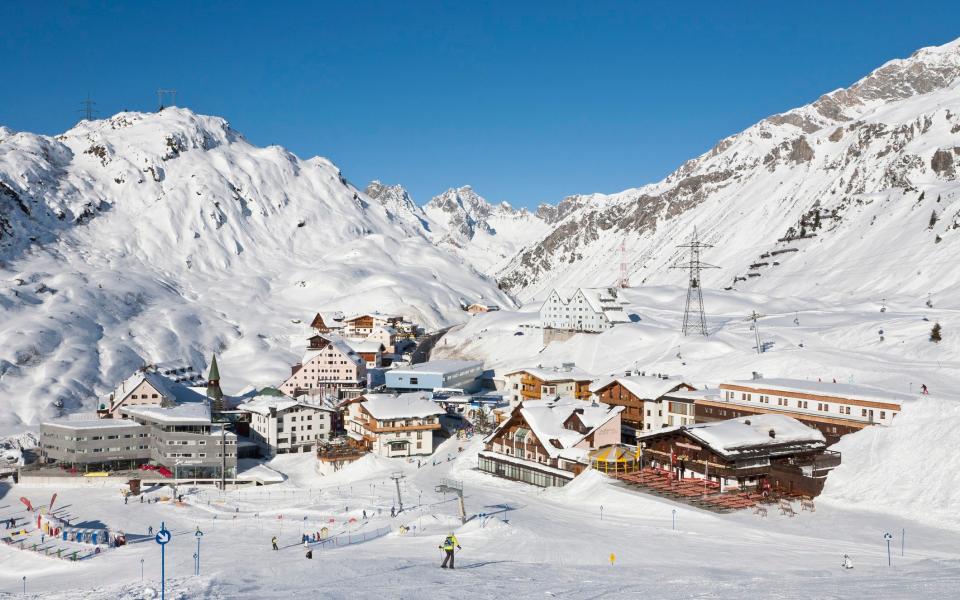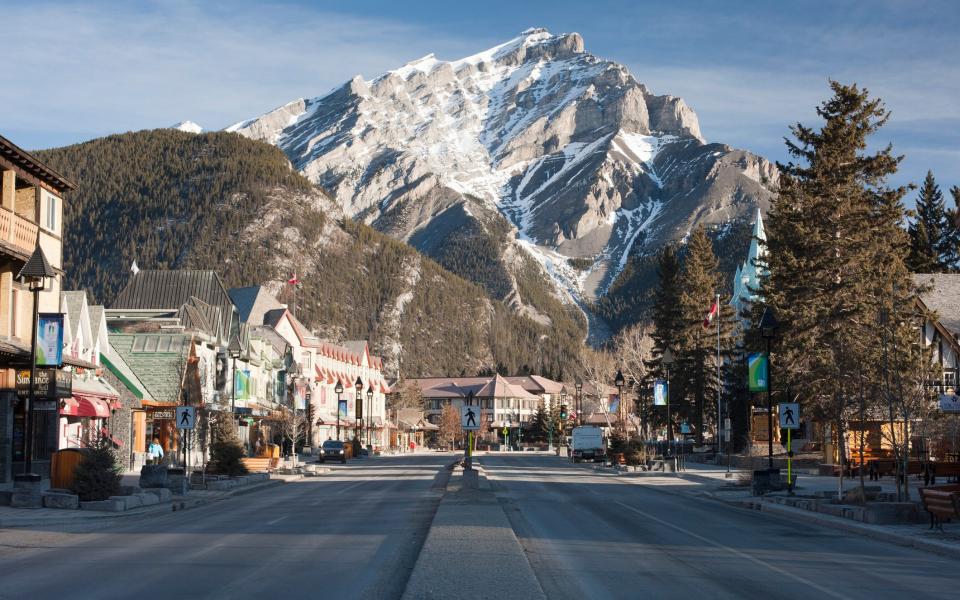The rules around vaccination and ski holidays this winter

With winter knocking, all eyes are on what rules will be in force in ski resorts this season – top of the agenda is Covid passes and the impact they will have on ski holidays.
Today, Italy has now joined Austria in requiring all skiers in ski resorts this winter to be fully vaccinated, show proof of recovery or a negative Covid-19 test to access the likes of ski lifts, and subsequently the slopes, as well as bars and restaurants around the resort. France will likely to follow suit.
“Enforcing the Green Pass will be a great challenge from a technical and organisational point of view, but we are happy to know that the start of the next winter season seems at this point to be guaranteed,” says Andy Varallo, President of Italy’s Dolomiti Superski, one of the largest ski destinations in the world, where the lifts remained completely closed last winter due to the pandemic.
While the majority of British adults are now double-jabbed, the UK is currently behind Europe and the US on vaccinating children and teenagers — so the red tape for families hoping to hit the slopes this season might need extra navigation, while the UK catches up.
Here are the current vaccination rules for travelling to a ski resort, and what you and your family will need to do to enjoy a ski holiday this winter.
Austria
Entry requirements
British travellers must provide proof of vaccination (all double jabbed within 360 days, or a single Johnson & Johnson vaccination, more than 21 days before arrival), recovery from Covid-19 or evidence of a negative test to enter Austria. Unvaccinated travellers must complete a pre-travel clearance form within 72 hours of arrival, take a test and isolate for 10 days.
Vaccination rules in ski resorts
From October, all skiers aged 12 and over must follow the “3G Rule” in all cable cars, accommodation, restaurants and bars. This means you must have proof of double vaccination (or single Johnson & Johnson), recovery or a negative Covid-19 test (no older than 24 hours for antigen, no more than 72 hours for PCR).
Local authorities may enforce stricter rules allowing only the vaccinated and recovered to ski, stay or enjoy hospitality – especially if hospital numbers rise.
For recommendations of the best ski resorts in Austria, see our guide.

France
Entry requirements
Travellers from the UK aged 12 or over must be double-jabbed or give proof of a negative test (PCR or a supervised antigen) within 24 hours of departure to France. Self-tests are not accepted. Travellers who are not fully vaccinated must self-isolate for seven days and take a second PCR test at the end of that period. Unvaccinated children aged 12 and over must provide a negative test result, and are exempt from isolating if travelling with a double-vaccinated adult.
Vaccination rules in ski resorts
Ski resort bosses met French tourism minister Jean-Baptiste Lemoyne on Monday September 20 to discuss the use of the 'pass sanitaire' in ski resorts, and a decision will be made in early October. Currently required for all public venues (including hospitality), where there are more than 50 people, the pass sanitaire is issued seven days after a second jab with Pfizer, Moderna and AstraZeneca; four weeks after a single-dose Johnson & Johnson vaccination; or seven days after having one vaccine if you’ve already had Covid-19. Also valid is a negative PCR test no older than 48 hours or proof of infection (from a positive PCR or antigen test) no older than six months, but more than 11 days.
For recommendations of the best ski resorts in France, see our guide.
Italy has joined Austria in requiring all skiers to be fully vaccinated, show proof of recovery or a negative Covid-19 test to access ski lifts this winter – with France likely to follow suit.
Will this discourage you from booking a ski holiday?@TelegraphTravel— Telegraph Ski & Snow (@TeleSkiSnow) September 22, 2021
Italy
Entry requirements
British travellers must fill in a passenger locator form and, to be exempt from isolation, provide proof of full vaccination (recovery certificates are not accepted) and a negative PCR or antigen test no older than 48 hours. Unvaccinated travellers must fill in locator forms and provide a negative test, travel to Italy only by private transport and isolate for five days on arrival, with testing (PCR or antigen) at the end of that period. Unvaccinated children under 18 do not need to quarantine if travelling with a vaccinated parent and have a negative test. Children under six are exempt.
Vaccination rules in ski resorts
The Italian government has partially approved its Green Pass for use in ski resorts and on lifts (as well as all public transport, workplaces and hospitality), a decision that will be ratified by the Senate on or before October 5. This means proof of vaccination, past infection or a negative test no older than 48 hours is required to access most services in ski resorts, including restaurants and bars, for anyone over the age of 12.
For recommendations of the best ski resorts in Italy, see our guide.
Switzerland
Entry requirements
Since September 20, travellers from the UK can enter Switzerland if they are fully vaccinated or have proof of Covid recovery (a positive PCR no older than 180 days).
A negative PCR test no older than 72 hours or antigen test no older than 48 hours is required for all unvaccinated Britons who meet a list of criteria to be permitted entry, plus a second (PCR or antigen) test compulsory between four and seven days after arrival.
Children under 16 are exempt from testing. Unvaccinated teens aged between 16 and 18 can enter Switzerland if accompanied by a fully vaccinated adult. All travellers must complete passenger locator forms.
Vaccination rules in ski resorts
Everyone over the age of 16 in Switzerland must now hold a Covid Certificate (proof of Covid vaccination, recovery or a negative PCR/antigen test every three days) at hospitality venues, large-scale events and indoor sporting activities but NOT currently to use a ski lift or public transport. This might change closer to the ski season.
Note that currently, while the AztraZeneca vaccine is acknowledged for entry into the country, it is not accepted for the Covid Certificate.
For recommendations of the best ski resorts in Switzerland, see our guide.

Canada
Entry requirements
Travellers aged five or older must be fully vaccinated at least 14 days before entering Canada. All travellers aged five or older must also show a negative PCR test no older than 72 hours or provide proof of past infection between 14 and 180 days previously. Antigen tests are not accepted. Random tests on arrival apply to both the vaccinated and recovered.
Unvaccinated travellers must test and then quarantine for 14 days, doing a second PCR test eight days after arrival. Unvaccinated children under the age of 12 are exempt from quarantine but must do an eighth-day test, unless under five.
Vaccination rules in ski resorts
Proof of vaccination is not currently required for ski resorts in Canada, but regional rules apply. In August, British Columbia launched a Proof of Vaccination card for some events, services and businesses including restaurants and bars but not currently including hotels or ski lifts. Unvaccinated individuals – regardless of Covid recovery or negative test – have not been permitted to enter these venues.
For recommendations of the best ski resorts in Canada, see our guide.
United States
Entry requirements
From November, fully vaccinated Britons over the age of 18 will be able travel to the US, but not those who are unvaccinated. Proof of recovery cannot be used to enter alone.
The situation remains unclear for children and teenagers under 18, but it is expected that children under 12 will be exempt and unvaccinated teens aged 12 to 17 will be able to travel with a fully vaccinated adult.
British travellers will also need to provide a negative Covid test no older than three days as well as contact information.
Vaccination rules in ski resorts
These are likely to vary from resort to resort, and depend on local public health policy. However, on Monday September 20, Vail Resorts was the first to announce it will require proof of vaccination for all employees and from guests in some restaurants – but not on ski lifts.
For recommendations of the best ski resorts in the United States, see our guide.


